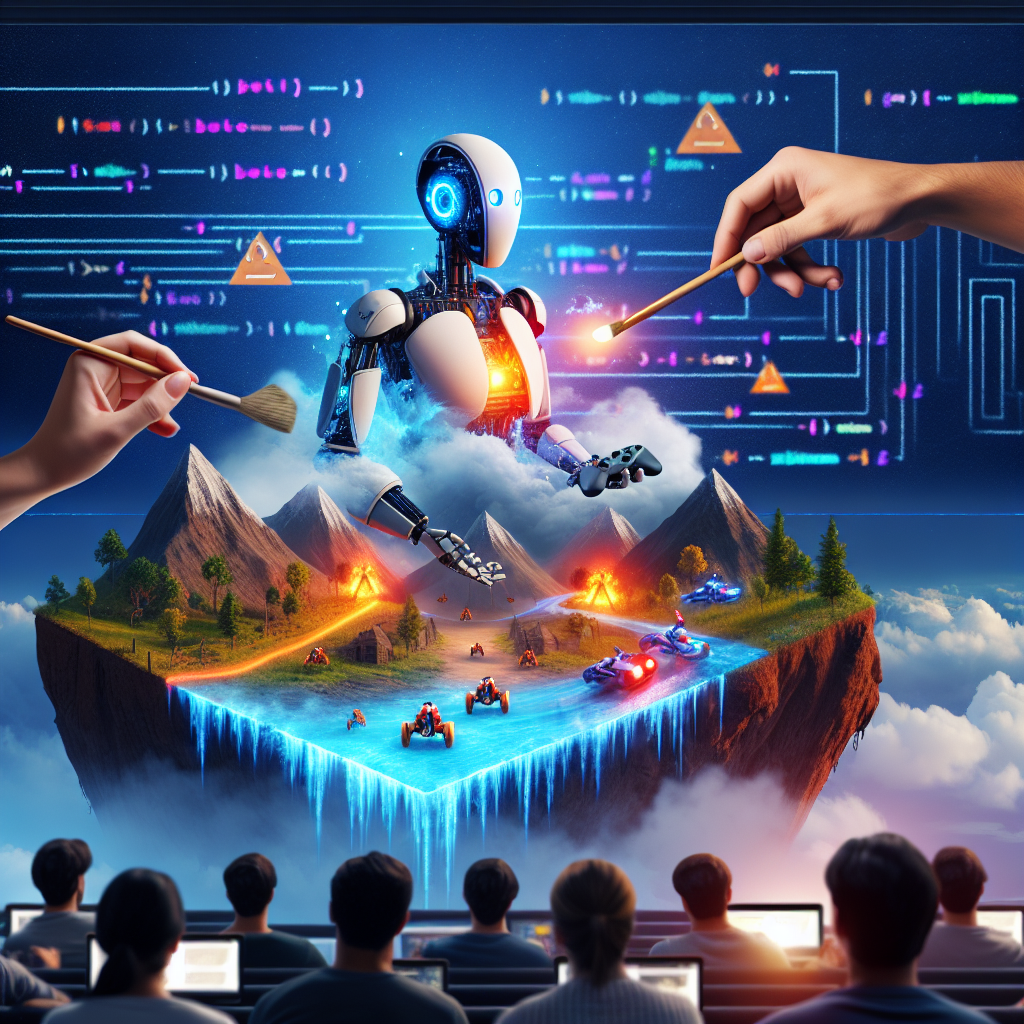
AI Revolutionizing Computer Games: Cost Reduction, Creativity Enhancement, Personalization
AI is revolutionizing the computer games industry by reducing costs, enhancing creativity, and personalizing the gaming experience.


AI is revolutionizing the computer games industry by reducing costs, enhancing creativity, and personalizing the gaming experience.
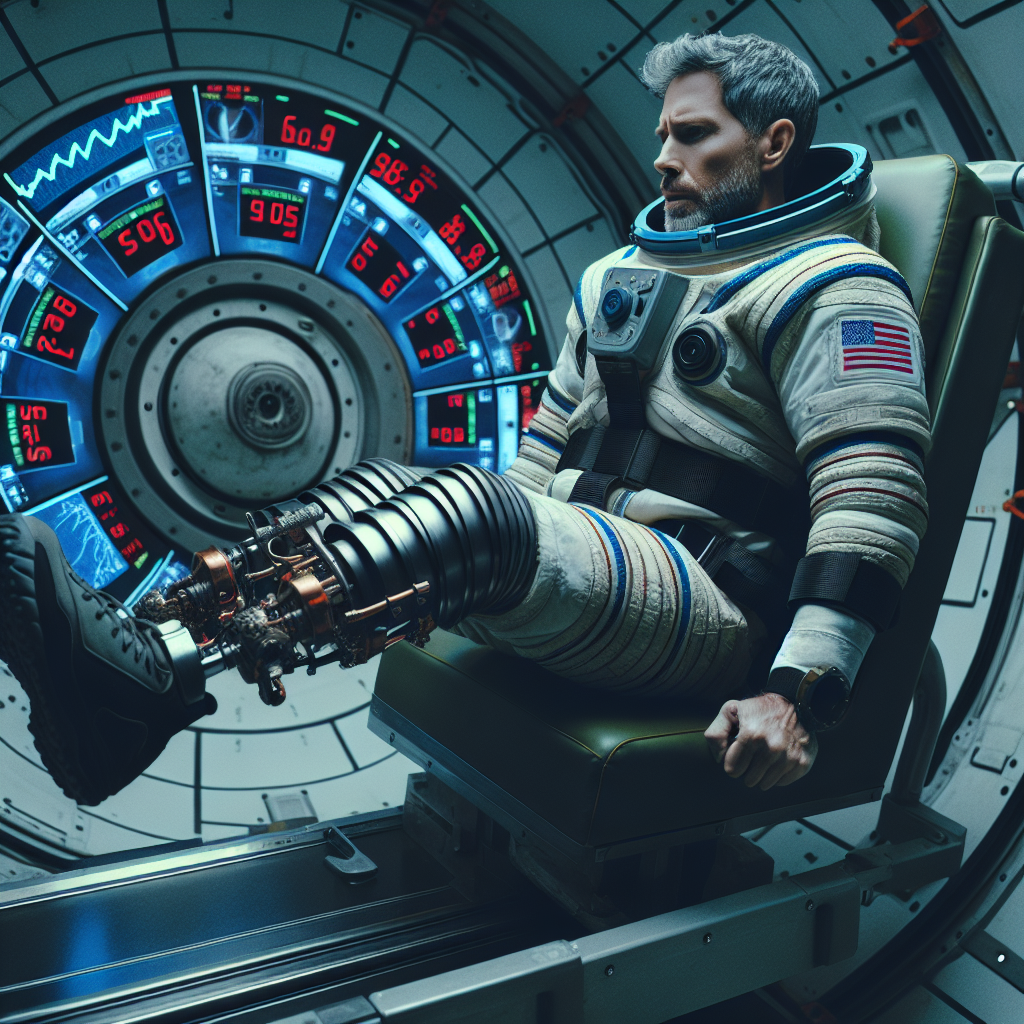
Former Paralympian John McFall is working with the European Space Agency on a groundbreaking study to determine if it is feasible for someone with a physical disability to live and work in space.

Safety concerns over Indian spices arise as investigations reveal potential contamination with cancer-causing pesticide.

A new study suggests that using body fat percentage instead of BMI may provide a more accurate measurement of obesity.

The government of England has announced the largest ever expansion of wild swimming areas, but concerns remain over water cleanliness.

Renowned Australian doctor Richard Scolyer remains cancer-free a year after receiving a groundbreaking treatment for glioblastoma, a highly aggressive form of brain cancer, based on his own research on melanoma, offering hope for future clinical trials.
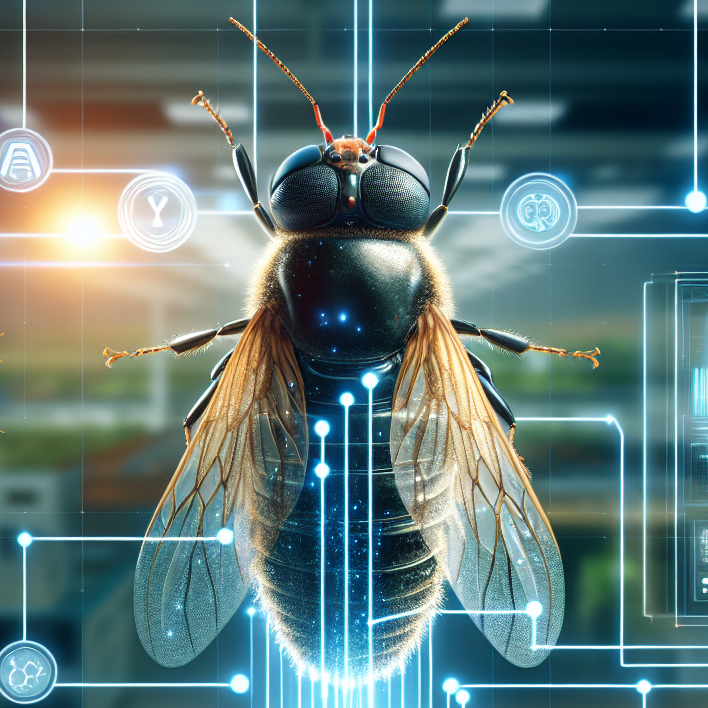
Insect farming companies are turning to artificial intelligence (AI) to lower costs and maximize production, but some aspects of the process still require a hands-on approach.

Sweden’s rise in billionaires can be attributed to its thriving tech scene, low interest rates, and tax policies that favor the wealthy, but there is a lack of public debate about the inequality it represents.

Two MIT brothers arrested for stealing $25 million in cryptocurrency in a 12-second heist, raising concerns about blockchain security.
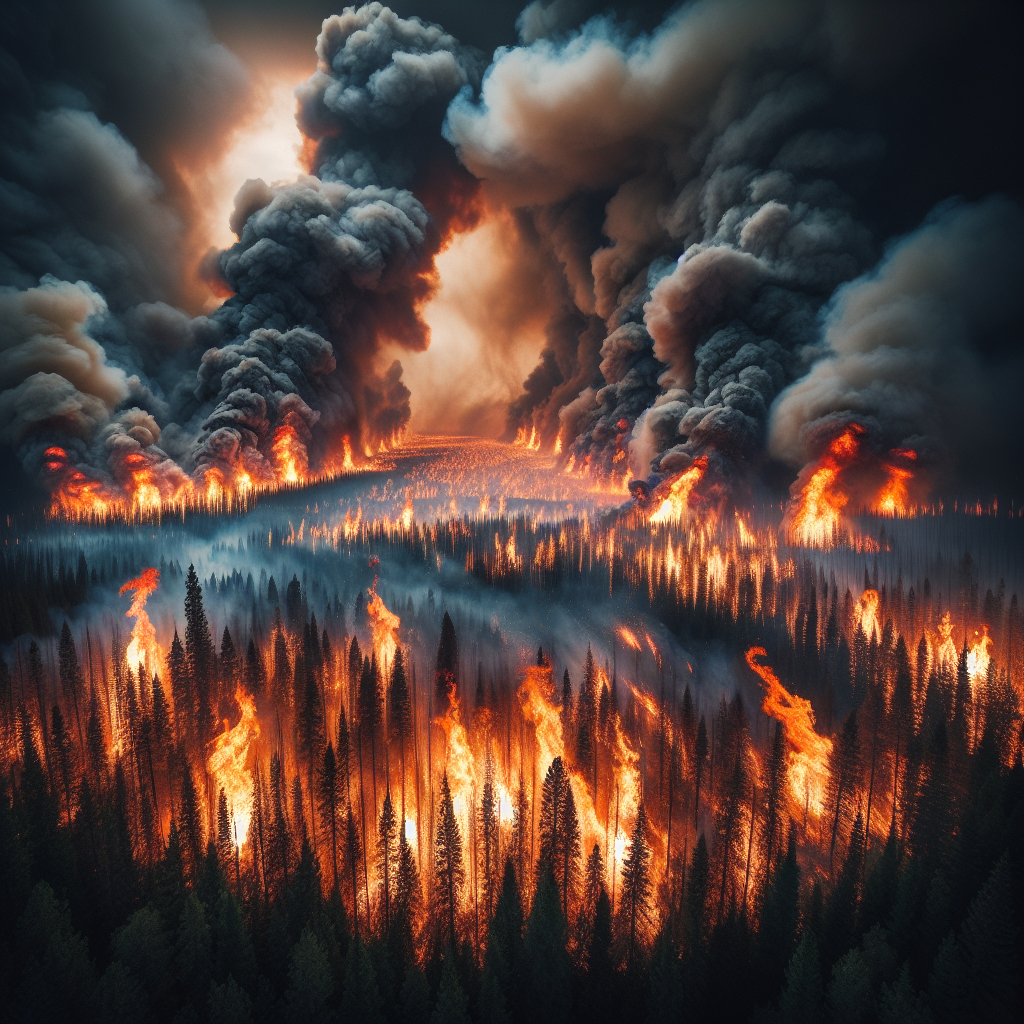
Canada is facing a high number of wildfires due to climate change, prompting the need for urgent action.
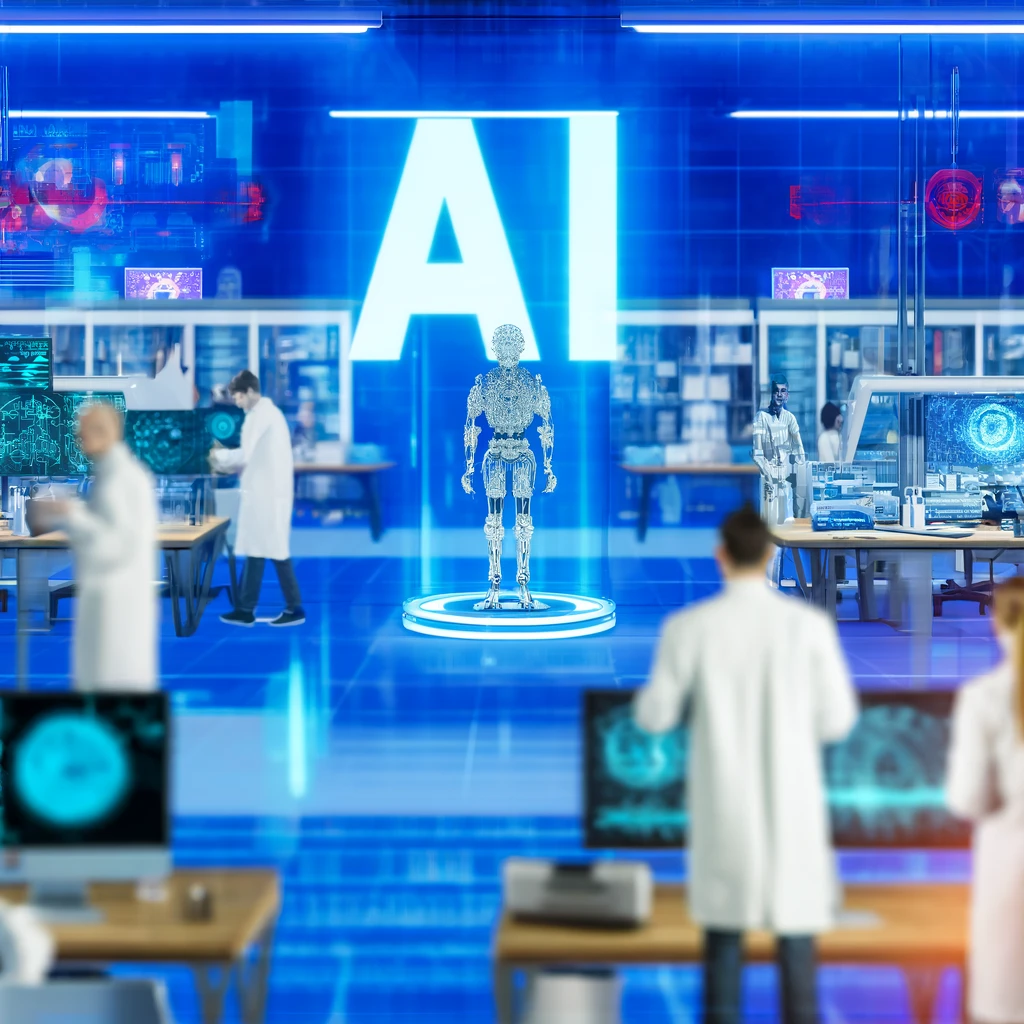
TV production companies are exploring the use of AI to generate ideas for new shows, but some experts argue that AI can never replicate the spark of human creativity.

A major storm system hits central US, bringing tornadoes, heavy rain, and golf ball-sized hail.

Households in the UK are hoarding unused electricals and broken tech, with over 880 million items estimated to be held in homes, prompting calls for increased recycling and reducing electronic waste.

Seagulls are being driven into urban areas due to the loss of natural spaces, and scientists are urging people to learn to coexist with them.
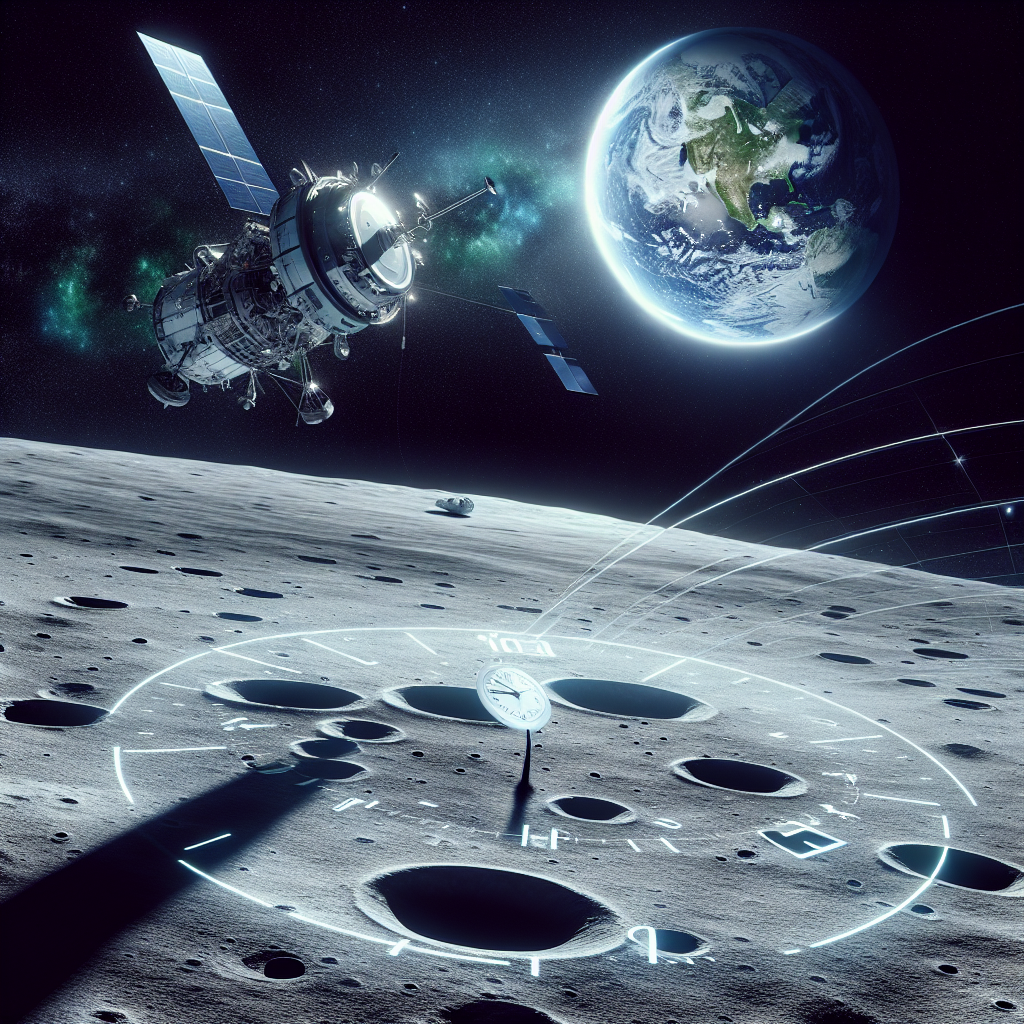
White House urges NASA to develop a new time zone for the Moon to synchronize spacecraft and coordinate lunar missions.

The glass container industry is undergoing a sustainability revolution, considering the switch to electric furnaces and exploring ways to reduce carbon emissions.

Sir Demis Hassabis, co-founder and CEO of Google’s DeepMind, believes that video games can boost creativity in young people and encourages parents to support their children’s creative use of technology.
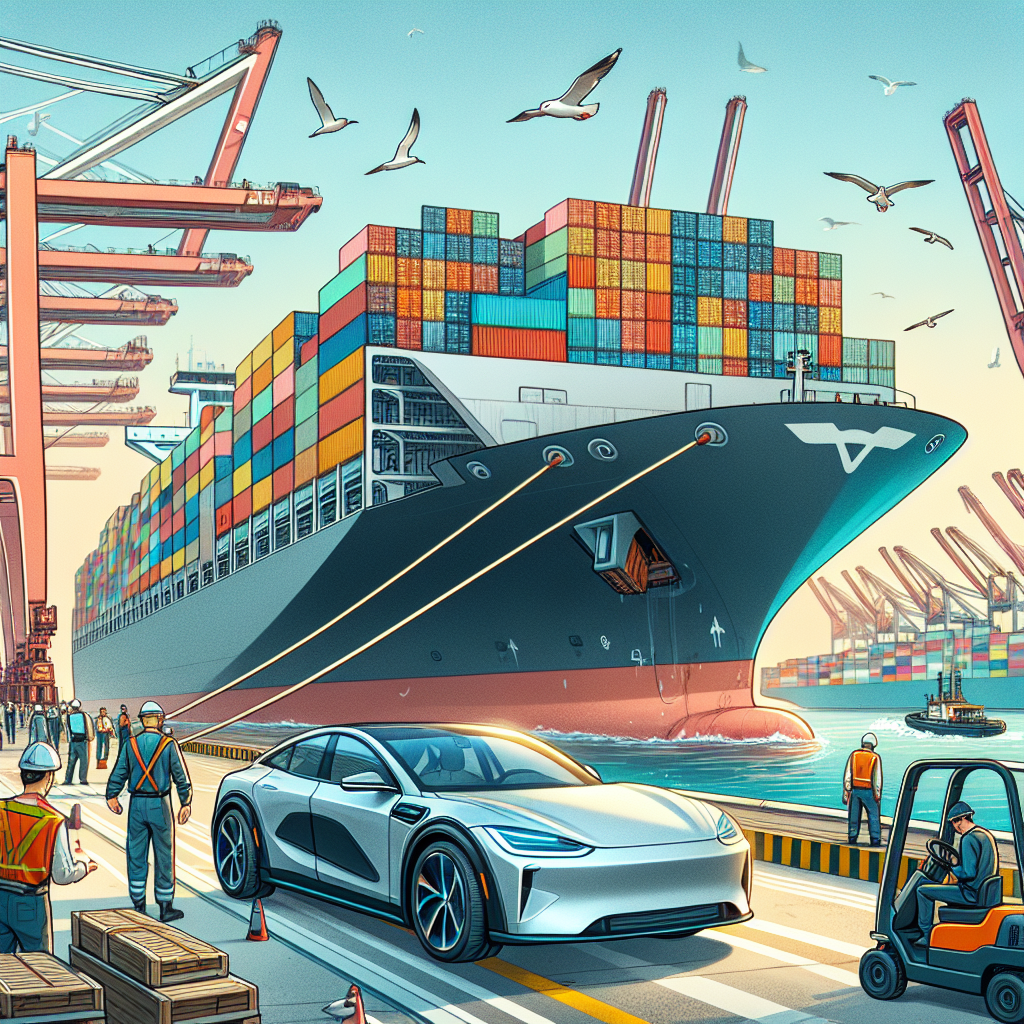
Tesla’s decline in deliveries in the first quarter of 2024 has been described as a “disaster” for the company, with factors such as a fire at its European factory and weakened demand in key markets contributing to the decline.
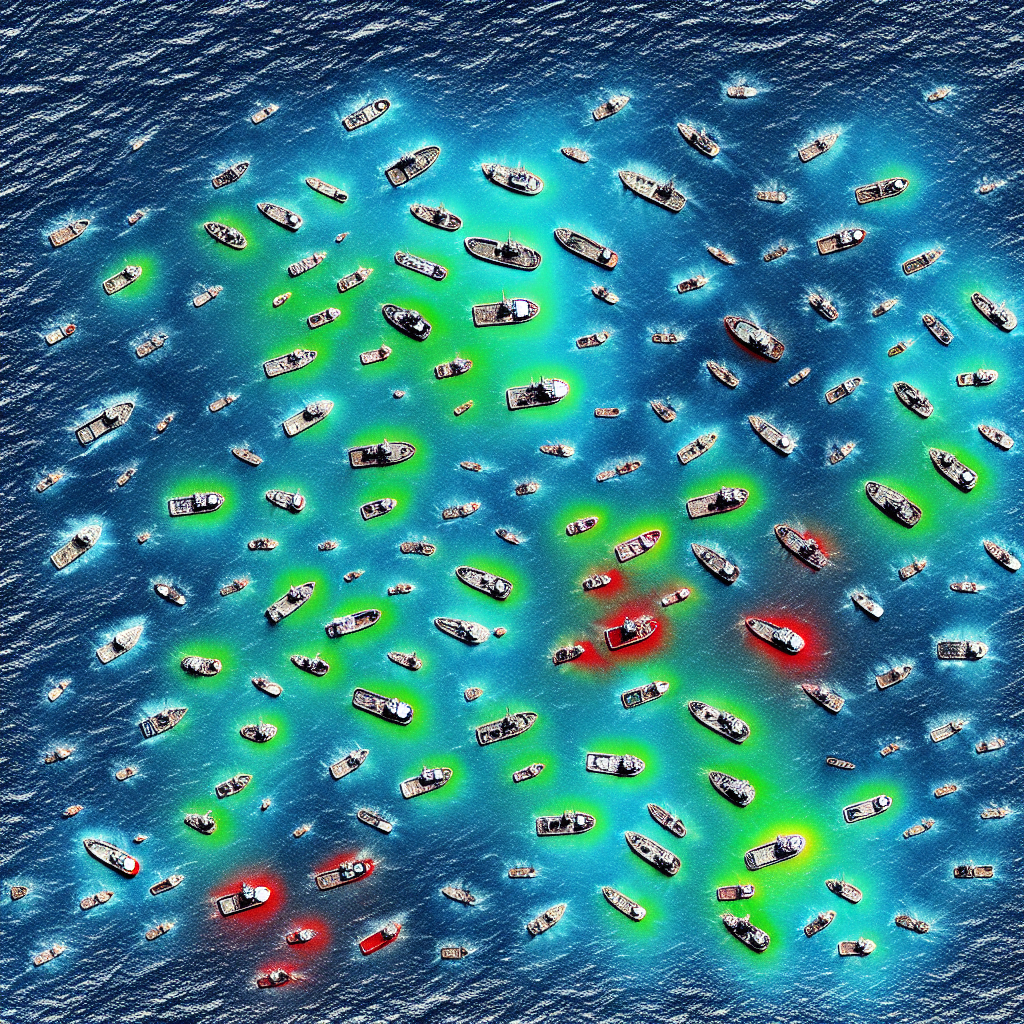
Illegal fishing is a global issue, but organizations are using AI and underwater robots to combat it.

Japan’s imperial family joins Instagram to modernize and engage with younger generations, but initial posts are criticized for being dull and lacking authenticity.
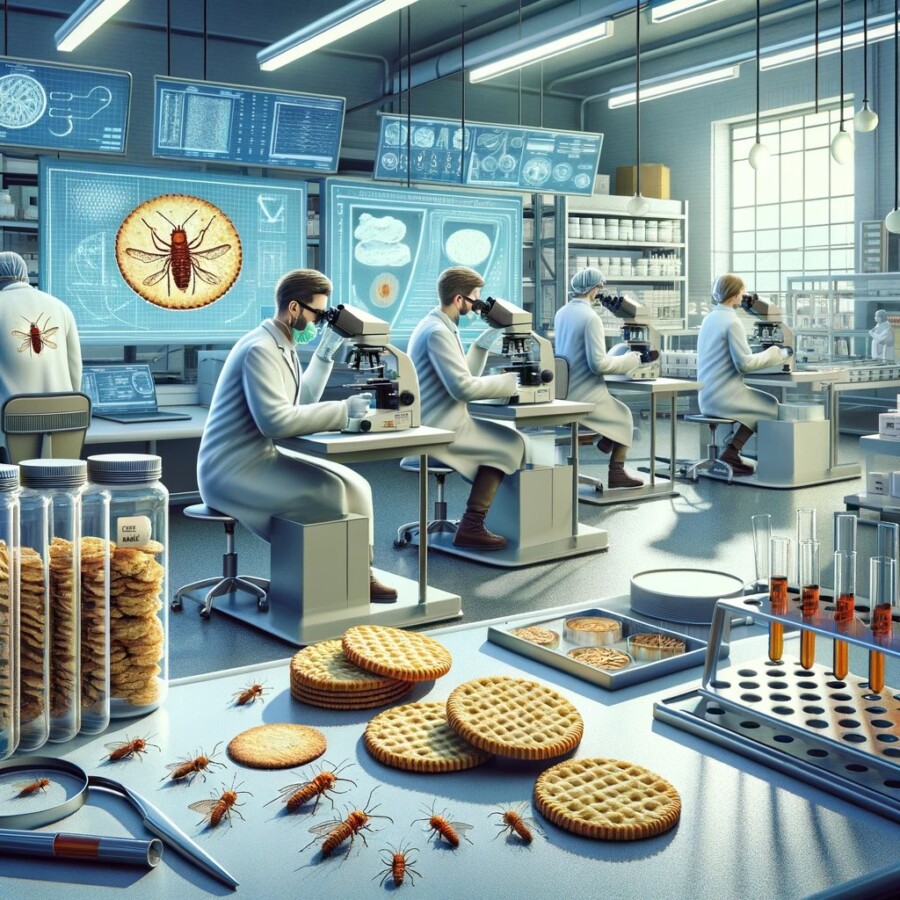
Daylesford Organic has issued a recall for some of its crispbreads and biscuits due to potential contamination with moth larvae, highlighting the importance of rigorous quality control measures in the food industry.

Researchers at the University of Nottingham have developed a vegan cheese made from yellow split peas that is higher in protein and has a lower carbon footprint than conventional vegan cheese.

Safety concerns over Indian spices arise as investigations reveal potential contamination with cancer-causing pesticide.
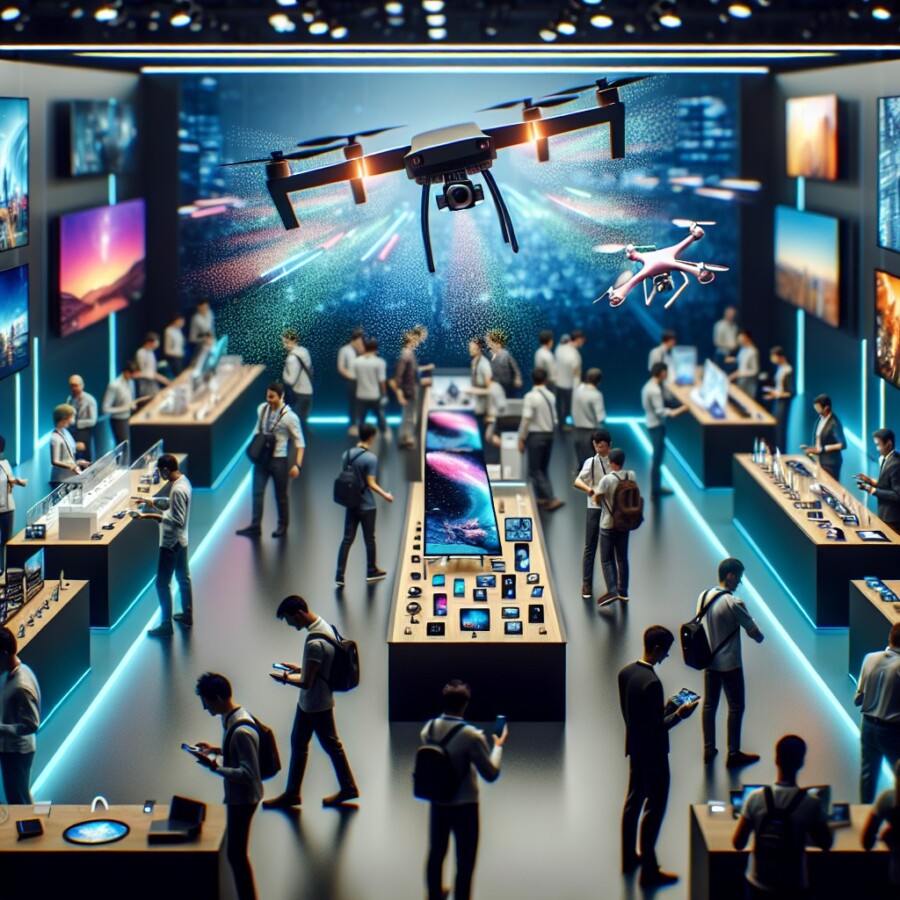
The lack of a clear definition for AI has led to skepticism and confusion at CES 2024.
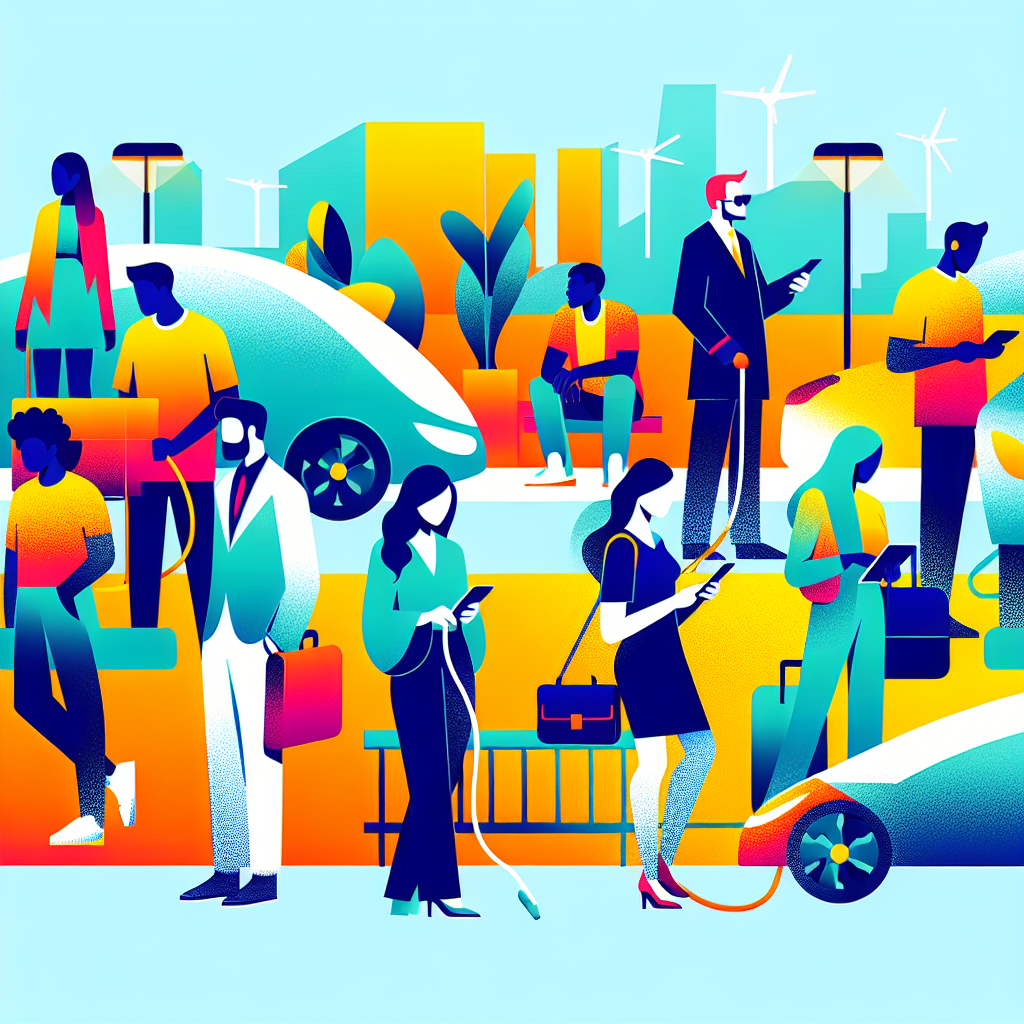
Uber’s CEO urges patience for electric rides, emphasizing environmental benefits and the need for government support.

Elon Musk’s offer to pay for a cancelled order at a small bakery in San Jose, California, was met with overwhelming support from the community, although the bakery was unable to fulfill Tesla’s new order due to the influx of business.

Elon Musk’s social media platform, X, is introducing two new tiers of premium subscriptions, one with ads and one ad-free, as part of his efforts to combat bots and fake accounts.
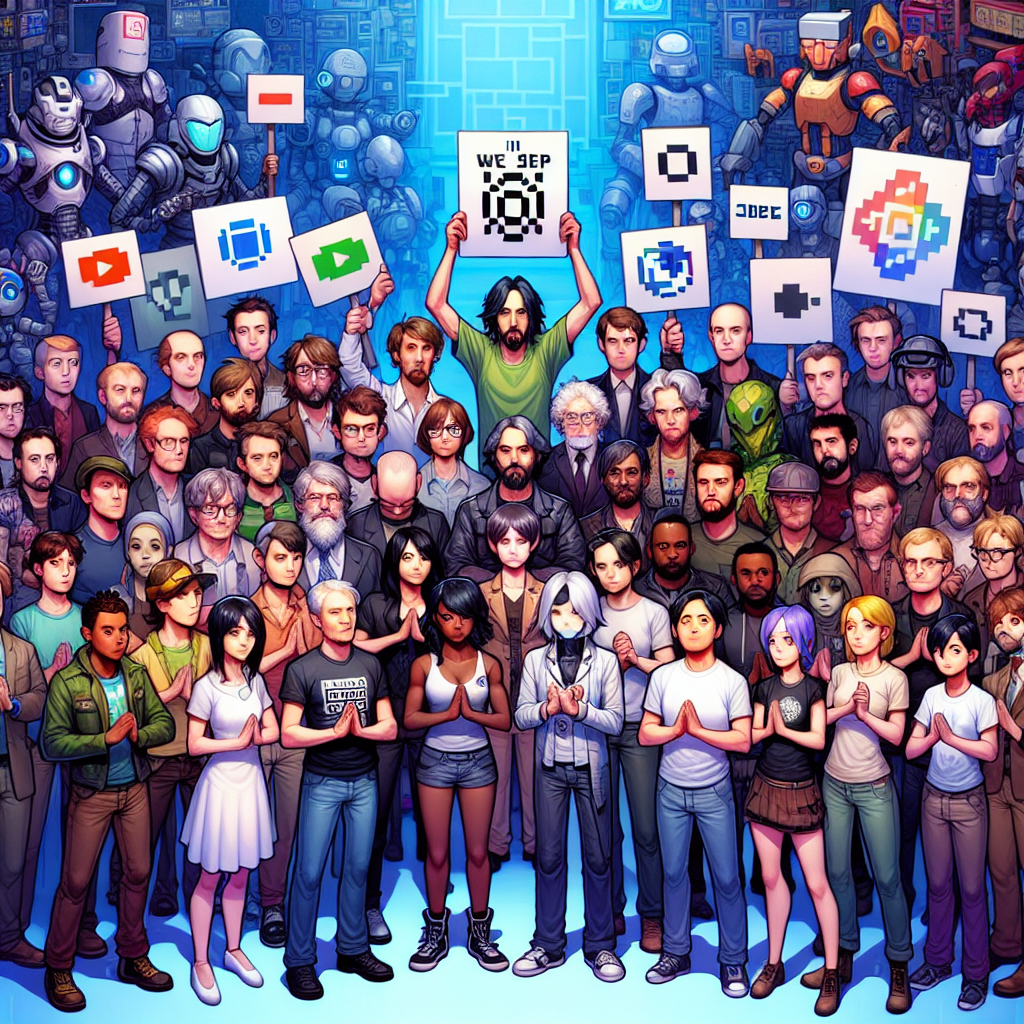
Hollywood performers strike against gaming giants over AI concerns, seeking fair protections and compensation.

Rising baby formula costs strain parents’ budgets, but concerns about cheaper brands’ nutritional quality persist.

Ghanaian MP Isaac Adongo apologizes to Harry Maguire for mocking him, but continues to criticize Vice-President Bawumia’s economic management.
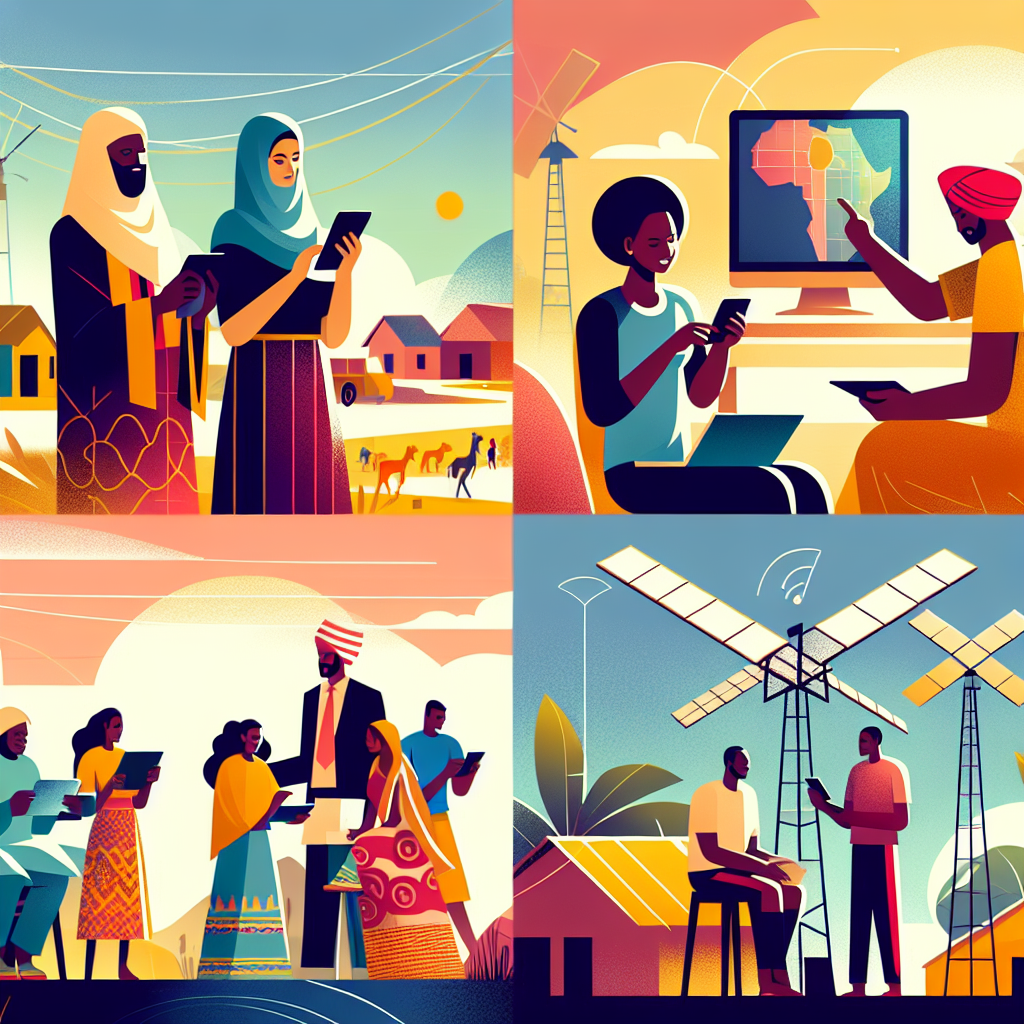
Elon Musk’s Starlink aims to revolutionize Africa’s connectivity, bridging the digital divide with satellite internet.

44% of the UK population was under-vaccinated against Covid-19 in summer 2022, with younger people being the most likely to skip doses, according to a study published in The Lancet.

Former Paralympian John McFall is working with the European Space Agency on a groundbreaking study to determine if it is feasible for someone with a physical disability to live and work in space.
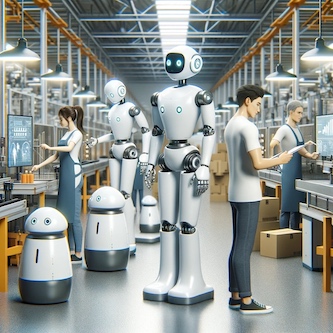
AI is revolutionizing manufacturing by increasing efficiency, reducing waste, and improving product quality.
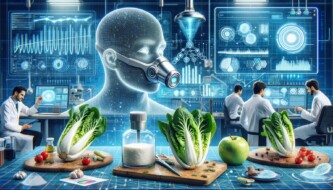
Advances in AI are improving electronic noses, which can detect and report specific smells, potentially transforming food safety by detecting deadly bacteria.


영국 랭커스터 대학교(Lancaster University)에서 한국인 영어 학습자분들을 대상으로 새로운 연구 프로젝트를 진행합니다. 전 과정 온라인으로 진행되어 어디서든 편하게 참여하실 수 있습니다. 여러분의 소중한 참여로 한국인의 영어 사용 방식을 알아보는 흥미로운 연구가 완성됩니다.
🎁 참여 혜택:
– 원어민 연구원과의 1:1 회화 연습
– 실전 영작 연습 & 맞춤형 영어 피드백 리포트
– 커피 기프티콘 총 3잔 선물! (첫 세션 후 1잔, 마지막 세션 완료 후 2잔 더 드려요! ☕☕)
📅 참여 방식: 총 2회의 온라인 세션 (Zoom 등을 이용, 각 세션당 약 60~80분 소요) 말하기와 쓰기 활동이 섞여 있어 부담 없이 즐겁게 참여하실 수 있습니다.
✅ 대상: 영어 실력에 상관없이 참여를 희망하는 18세 이상 한국인 누구나